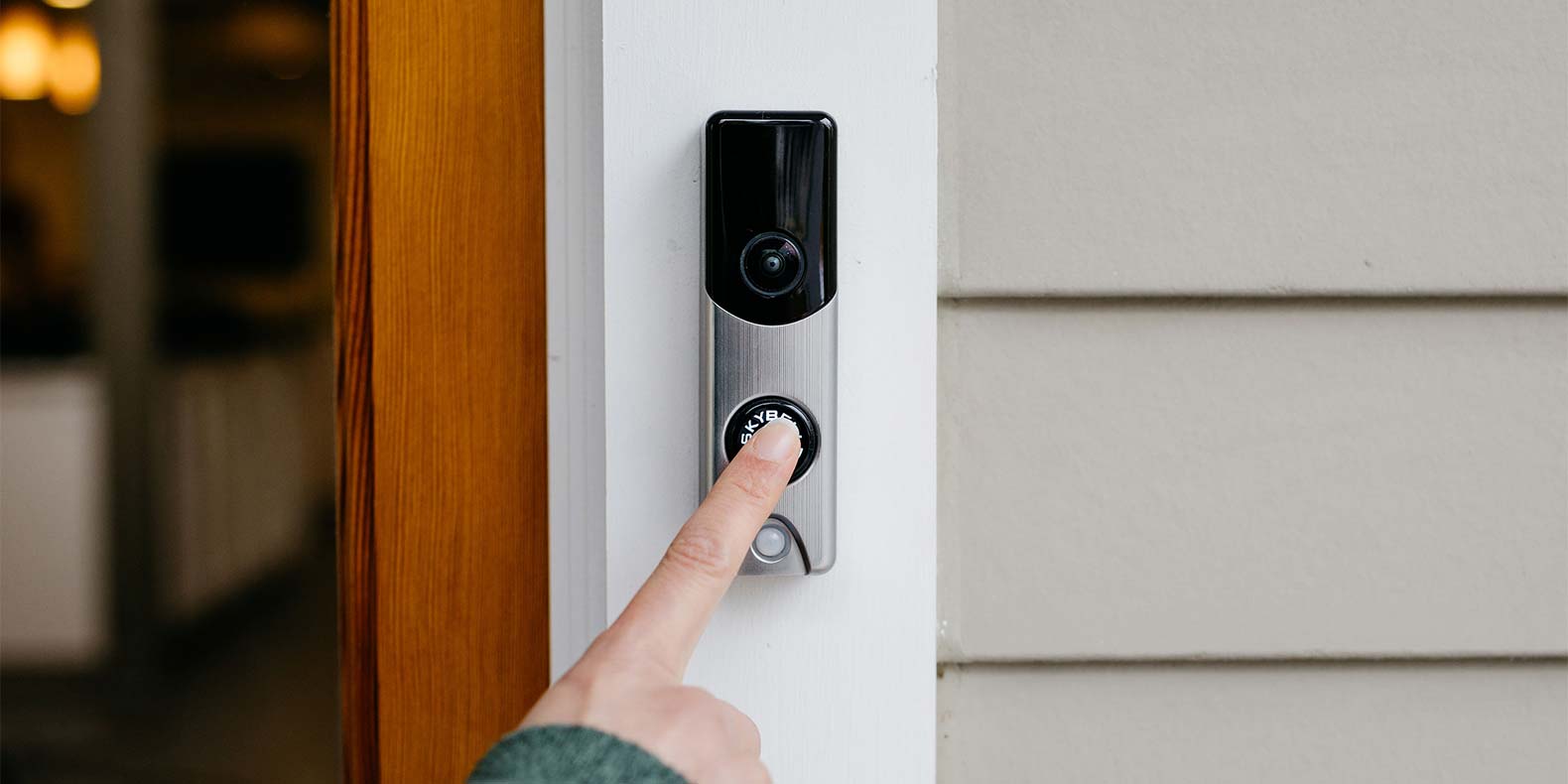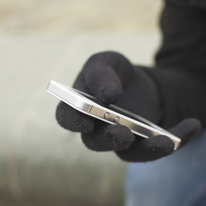"I was scared... I was scared. I didn't know who that is, how long he'd been watching us and I'm still scared now because I don't have any answers," a Florida homeowner said as she described her encounter with a home security camera hacker.
Home security cameras are meant to keep us safe. They keep us connected to our home at all times and help us protect what matters most. However, news stories detailing camera hacks, like the one mentioned above, have become all too common. In fact, you may recall a similar report we referenced in a previous blog post about a camera hacker harassing an Illinois couple and their child.
To effectively prevent cyber criminals from infiltrating your system, you must first understand how they hack home security cameras. Below, we explain how cyber criminals access video surveillance systems and tips for securing your cameras.
How Hackers Access Home Security Cameras
Many times, cyber criminals hack home security cameras through a process called credential stuffing. This type of cyber attack is where hackers use credentials obtained from a data breach to attempt to log in to another unrelated service.
For example, a hacker may use a list of credentials acquired from a data breach at a retail store to log in to the app used to control your home security cameras.
How to Secure Your Home Security Cameras
Consumers are extremely vulnerable to credential stuffing due to the high tendency of using the same password across multiple sites. According to a study, 52 percent of consumers use the same or similar passwords for different sites and services.
This poses a severe security risk. If a cyber criminal hacks a camera that is part of a smart home ecosystem, it can give them access to the entire system. Not only can they use the camera to spy on you and your family, they can also turn off your burglar alarm or unlock your doors. Therefore, it’s critical you protect your cameras with these security practices.
1. Use Secure Passwords
Although it may seem obvious, you may be surprised how proper password practices can protect your home security cameras. Below are some top password tips to keep your cameras secure:
- Make passwords long and difficult to guess by using uppercase letters, numbers and symbols.
- Don’t reuse the same password for multiple accounts, devices or equipment.
- Always update default factory passwords with your own unique ones when you purchase a camera.
- Only share passwords with trusted individuals. The fewer people with knowledge of control and authentication information, the better chance of avoiding a cyber attack.
2. Activate Two-Factor Authentication
If your camera allows for it, set up two-factor authentication. Two-factor authentication provides an extra layer of security by requiring more than one credential when logging in.
For example, you can choose to have the camera company send you a unique passcode via a text message, phone call or email that you input in addition to your username and password. That way, if a hacker cracks your password, they still won’t be able to access your camera unless they also gain access to your unique code.
3. Update All Camera Settings
Regularly update your camera’s default settings. Updates often include critical security patches that keep your device protected from viruses and cyber criminals. When neglected, it’s easier for cyber criminals to uncover flaws and hack your cameras.
Many cameras prompt you when an update is available, but it’s a good practice to occasionally check the manufacturer’s website.
4. Implement Firewalls and Antivirus Software
Install firewalls and antivirus software on any computers you use to access your home security cameras. Firewalls protect against hackers and malicious code, while antivirus software guards against viruses and malware.
If a cyber criminal gains access to your computer, they may be able to uncover your home security system passwords.
Install a Secure Camera System with the Professionals
If you’re interested in a security camera system for your home, visit our security products page to learn more about our offerings or contact one of our experts today to get started.



